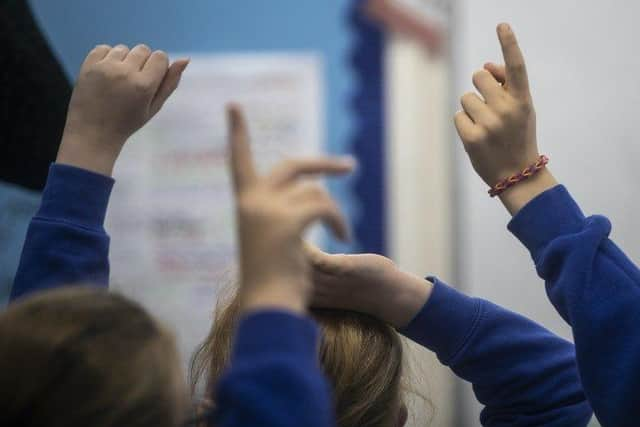Kirklees Council agrees cost-cutting measures for 'unsustainable' transport for students with special educational needs and disabilities
and live on Freeview channel 276
A new approach was approved by cabinet on Tuesday (April 9) which the council says will cut costs by £1.65m.
This comes as part of the council’s updated transport statement and will see eligible students receive a flat rate payment to cover their transport fees.
Advertisement
Hide AdAdvertisement
Hide AdThe amount will depend on how far they live away from the school or college they attend.


Students travelling up to three miles will be given £300, and those making journeys between three and 10 miles will receive £1,000.
A total of two thousand pounds will be given to pupils travelling between 10 and 20 miles to school, with those going further than 20 miles set to receive £3,000.
Annual parental contributions for students who use council-organised transport will also be rising from £380 to £500.
Advertisement
Hide AdAdvertisement
Hide AdCurrently, the local authority provides taxis and minibuses to take 300 SEND pupils over the age of 16 to and from school.
In the last financial year, this cost the council £2.6m – an average of £8,500 per student – which Viv Kendrick, cabinet member for children, described as “unsustainable”.
However, Coun Kendrick told the meeting: “It isn’t one size fits all, it’s about providing the right things.”
She also explained that one positive of the new strategy is that it allows for flexibility, with further support still accessible to students with the most complex needs.
Advertisement
Hide AdAdvertisement
Hide AdFollowing the meeting, Rachel Spencer-Henshall, strategic director for corporate strategy, commissioning and public health, said: “We need to support young people in accessing education whilst also making these services more sustainable for the future.
“These changes are designed so that people with the greatest needs are receiving the most assistance but other students of sixth form age are also supported.
“Where a family is receiving a personal travel payment, they could spend their budget in whichever way is best for them, giving them flexibility to tailor their travel arrangements based on individual needs.”